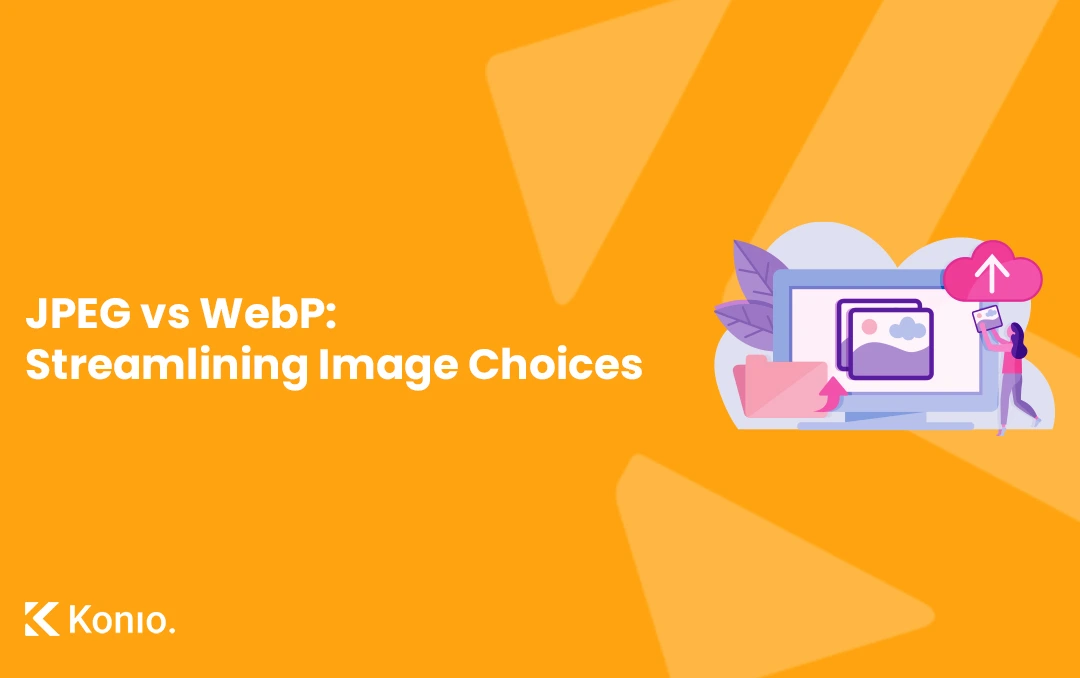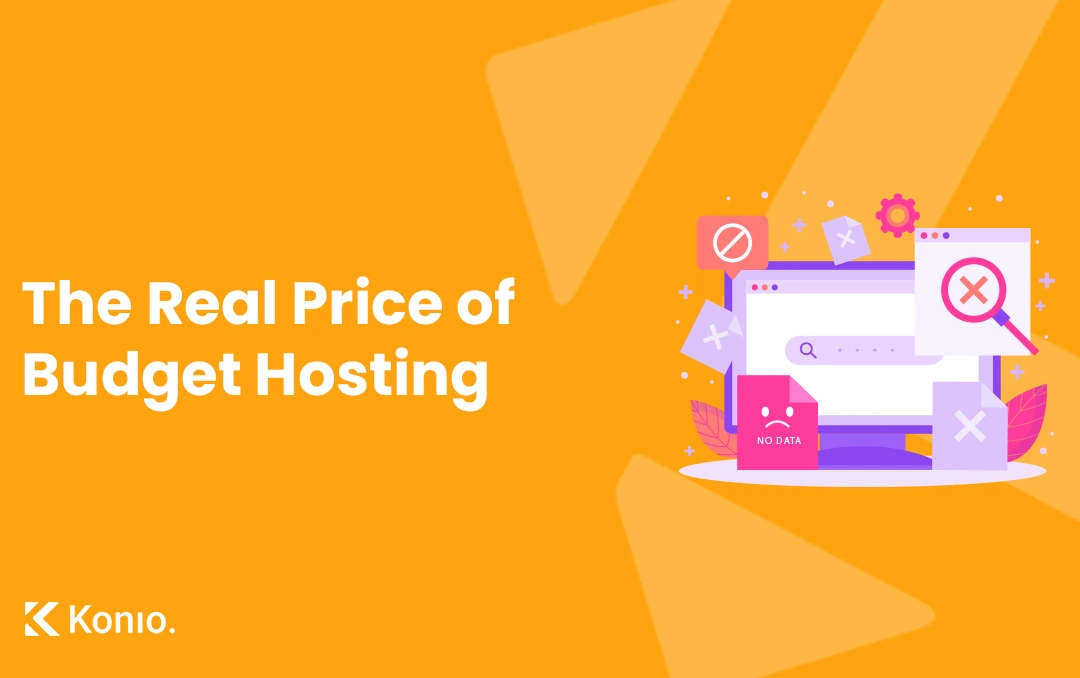When it comes to launching a WordPress website, selecting the right hosting provider is crucial. Your hosting service can significantly impact your site’s performance, security, and scalability. With so many options available, how do you make the best choice? We’ll walk you through the essential factors to consider when choosing a hosting provider for your WordPress website.
Understand Your Hosting Needs
Before you dive into hosting plans, assess your website’s requirements. Are you running a personal blog, a small business site, or an e-commerce platform? Your needs will dictate the type of hosting you should consider.
- Traffic Volume – Estimate the amount of traffic your site will receive. Higher traffic sites may require more robust hosting solutions like VPS or dedicated servers.
- Scalability – Consider how much your site might grow. Will you need to easily scale resources as your audience expands?
- Technical Requirements – Some sites might require specialized software or configurations, which certain hosting providers may or may not support.
Types of Hosting
There are several types of hosting available, each with its pros and cons:
- Shared Hosting – Ideal for beginners or small websites with low traffic. It’s the most affordable option, but you’ll be sharing resources with other sites, which can impact performance.
- VPS Hosting – Virtual Private Server (VPS) hosting offers more control and resources than shared hosting. It’s a good choice for growing websites that need more power and flexibility.
- Dedicated Hosting – With a dedicated server, you have complete control over the server’s resources. This is best for large sites with high traffic and specific requirements.
- Managed WordPress Hosting – Specifically optimized for WordPress sites, managed hosting takes care of the technical aspects like updates, backups, and security, allowing you to focus on content.
Performance and Uptime
Website speed and reliability are critical. Look for a hosting provider that guarantees high uptime (99.9% or higher) and offers fast server response times. Providers that use SSD storage and content delivery networks (CDNs) often deliver better performance.
Security Features
Security should be a top priority, especially if you’re handling sensitive information or running an e-commerce site. Ensure your hosting provider offers:
- SSL certificates
- Regular backups
- Firewall protection
- DDoS protection
- Malware scanning and removal
Customer Support
Reliable customer support is essential, especially if you’re not a tech expert. Look for hosting providers that offer 24/7 support through various channels like live chat, phone, and email. Responsive support can save you a lot of headaches when issues arise.
Pricing and Renewal Rates
While cost shouldn’t be the only factor, it’s important to understand the pricing structure. Many providers offer low introductory rates that increase significantly upon renewal. Make sure to consider the long-term costs and what’s included in the price (e.g., SSL, backups, etc.).
User Reviews and Reputation
Before committing to a hosting provider, research their reputation. Read user reviews on independent platforms to get a sense of customer satisfaction. Pay attention to recurring complaints or issues.
Scalability and Growth Potential
As your site grows, your hosting needs may change. Choose a provider that offers easy upgrades to more powerful plans or additional features without significant downtime or hassle.
Ease of Use
For those new to website management, the ease of use of the hosting provider’s control panel can be a significant factor. Look for providers that offer intuitive dashboards, one-click WordPress installations, and easy access to essential features.
Backup and Restore Options
Accidents happen, and having a reliable backup system is essential. Ensure your hosting provider offers automated backups and an easy restore process. Some hosts include this in their plans, while others charge extra.
< Wrapping Up />
Driving traffic to a newly developed WordPress website takes time, effort, and a multi-faceted approach. By optimizing your site for SEO, leveraging social media, blogging, engaging with your audience through email marketing, and participating in online communities, you can steadily increase your traffic and build a loyal following. Remember to track your progress with analytics and continually refine your strategies to achieve the best results.
By implementing these proven methods, you’ll be well on your way to growing your WordPress website and achieving your goals. Happy traffic building!




